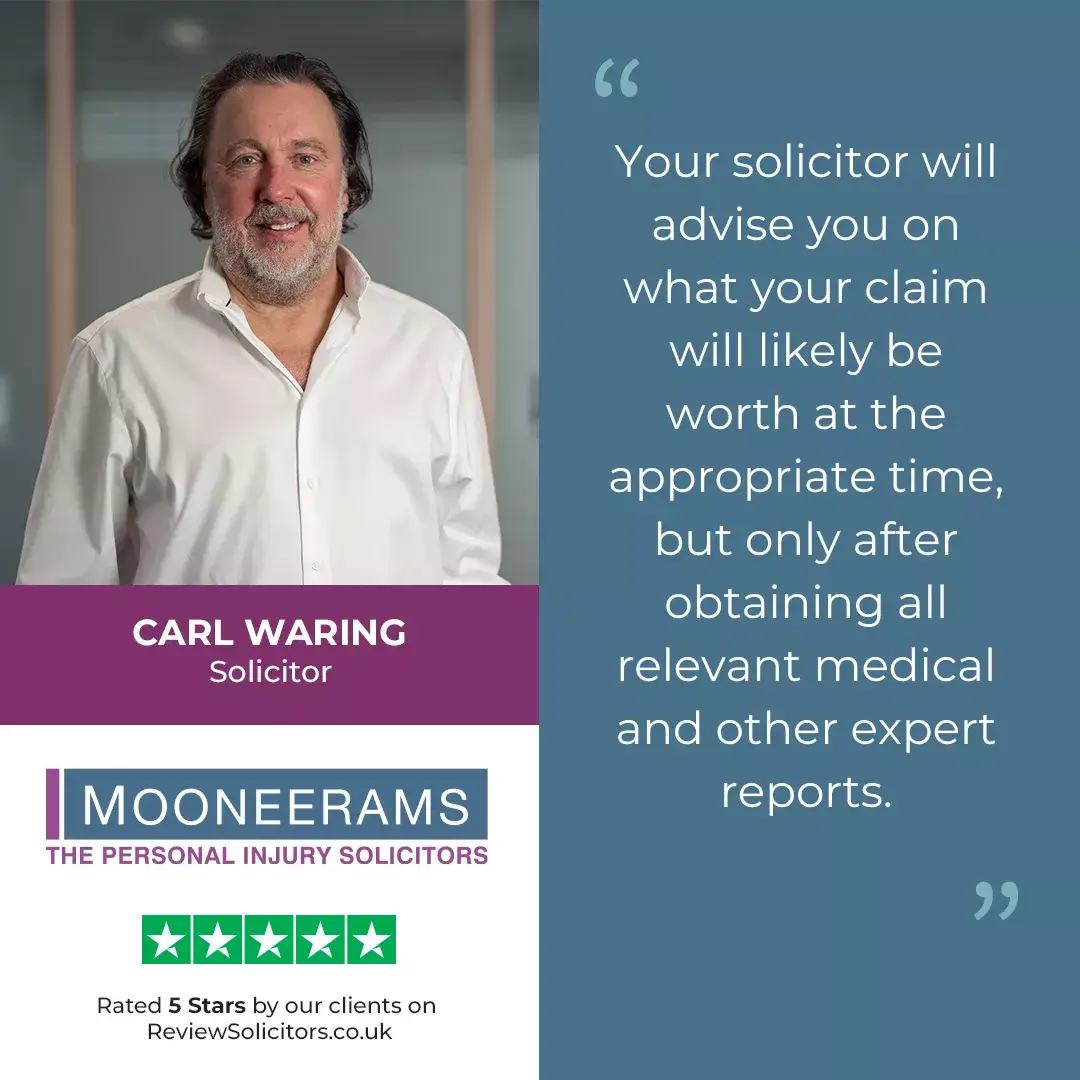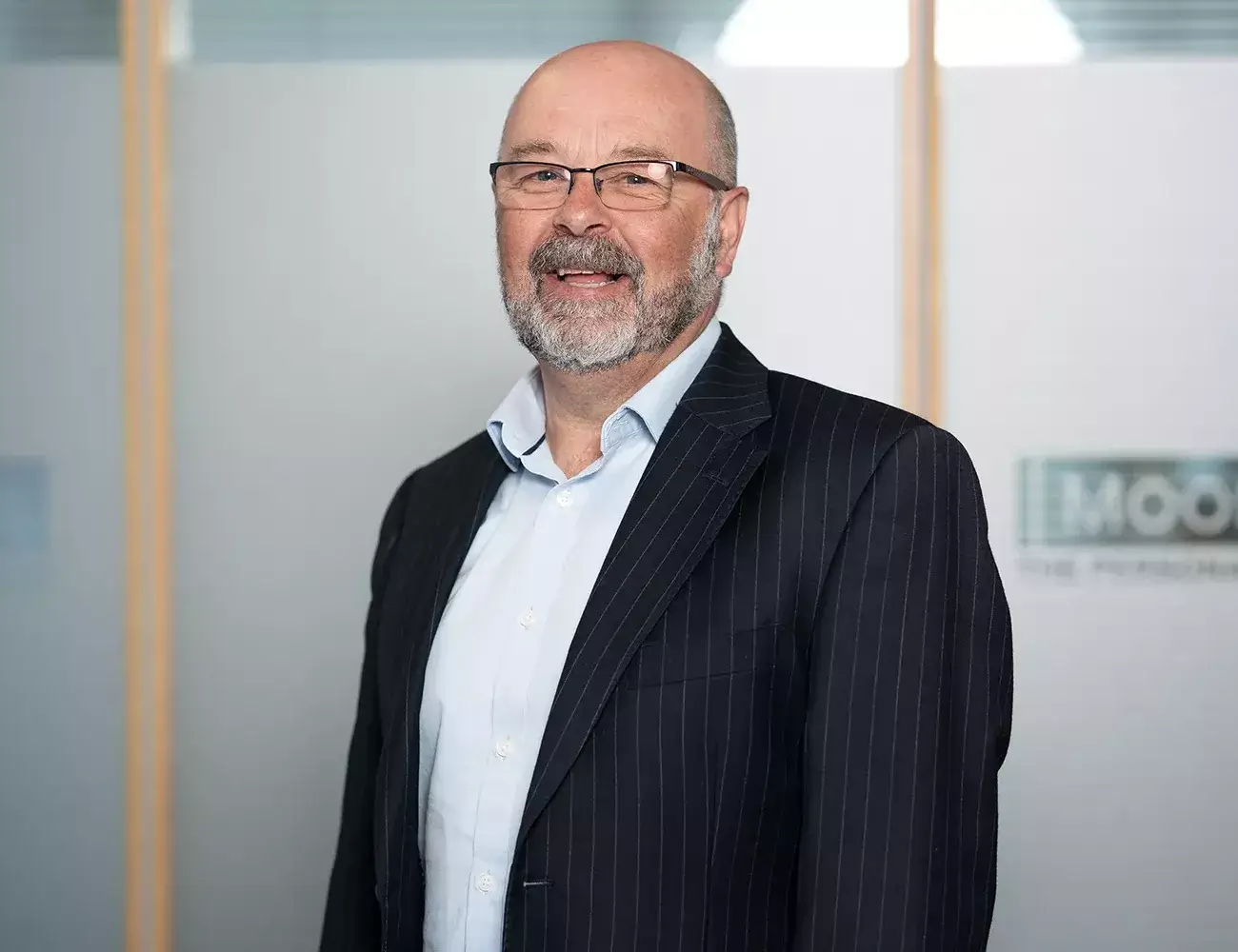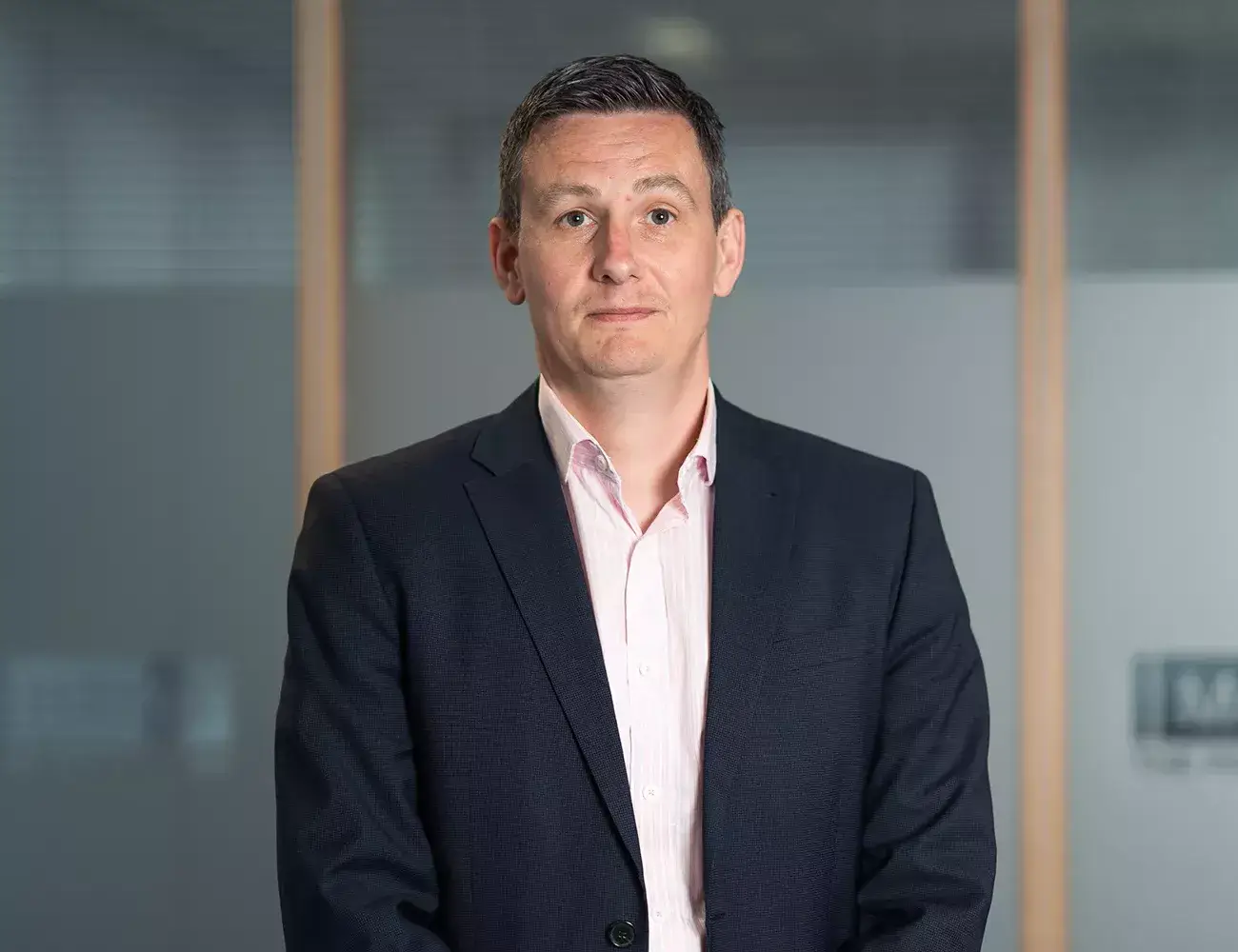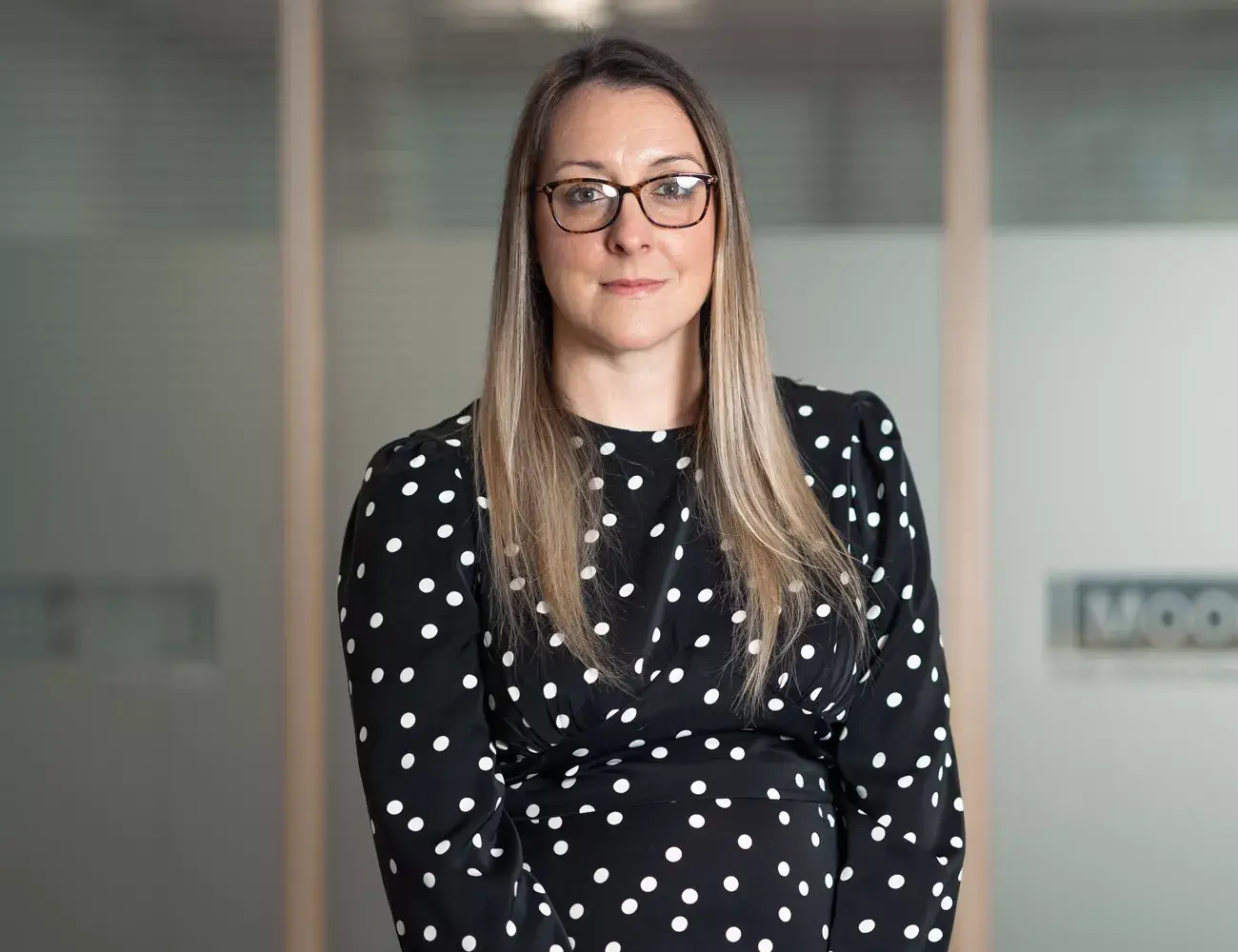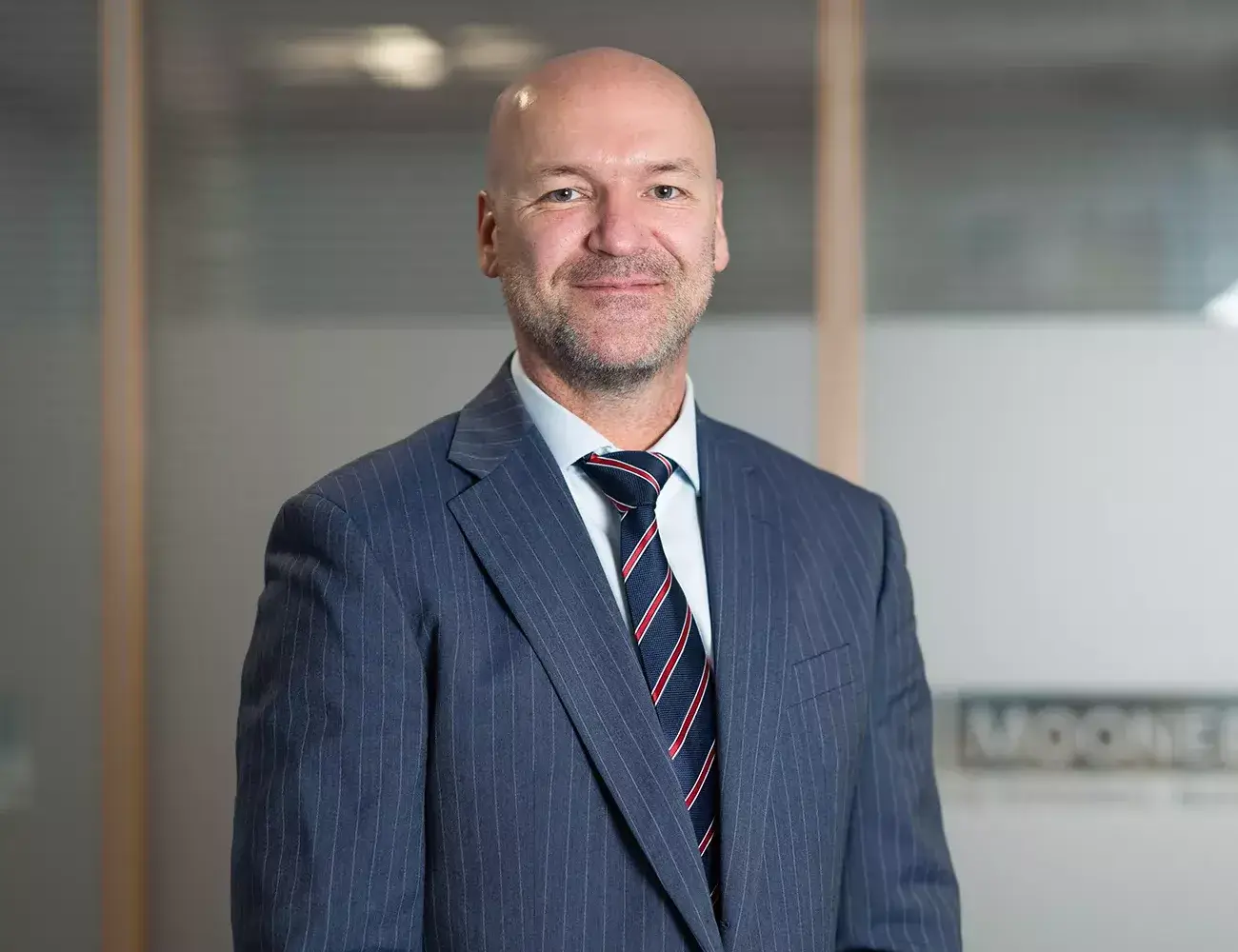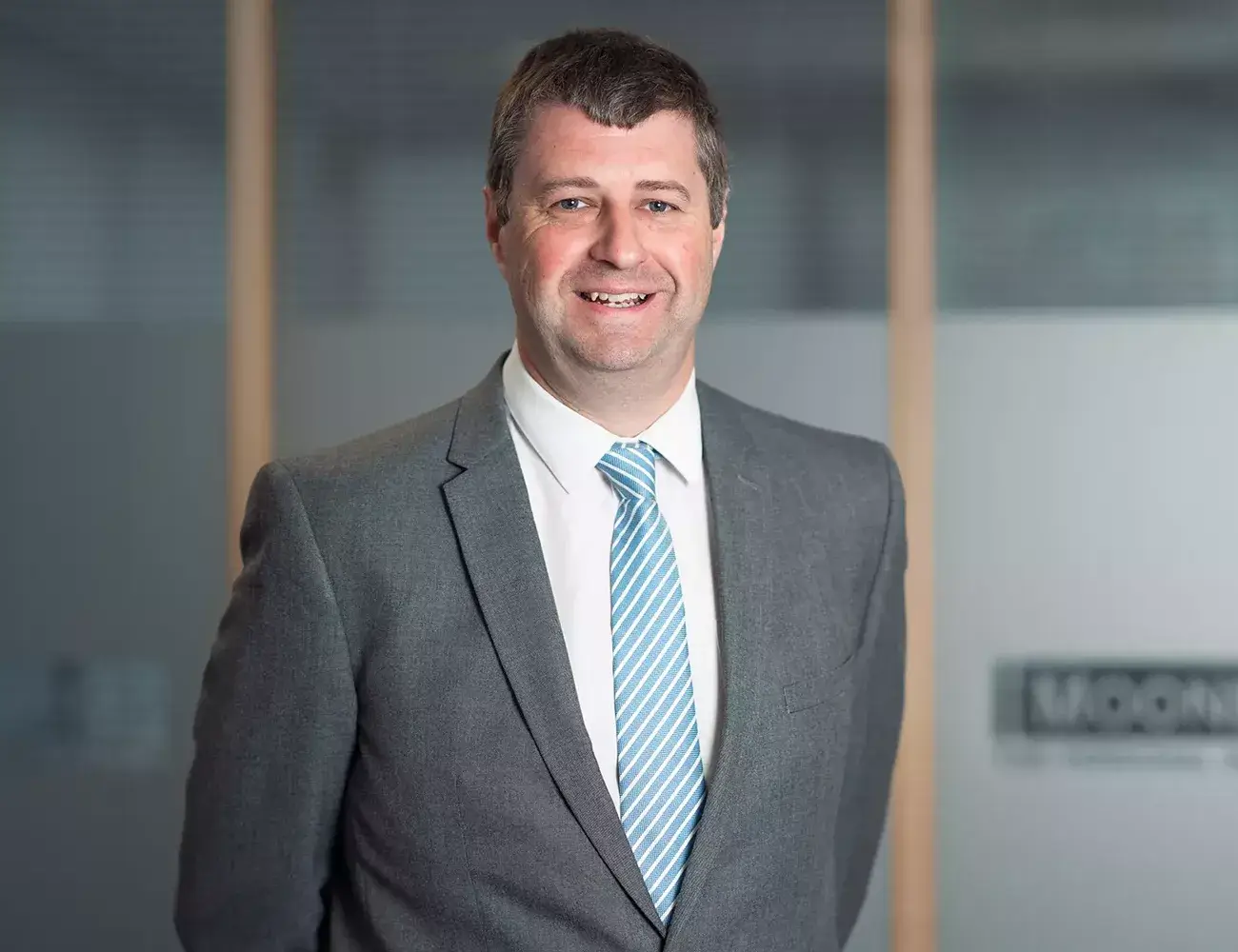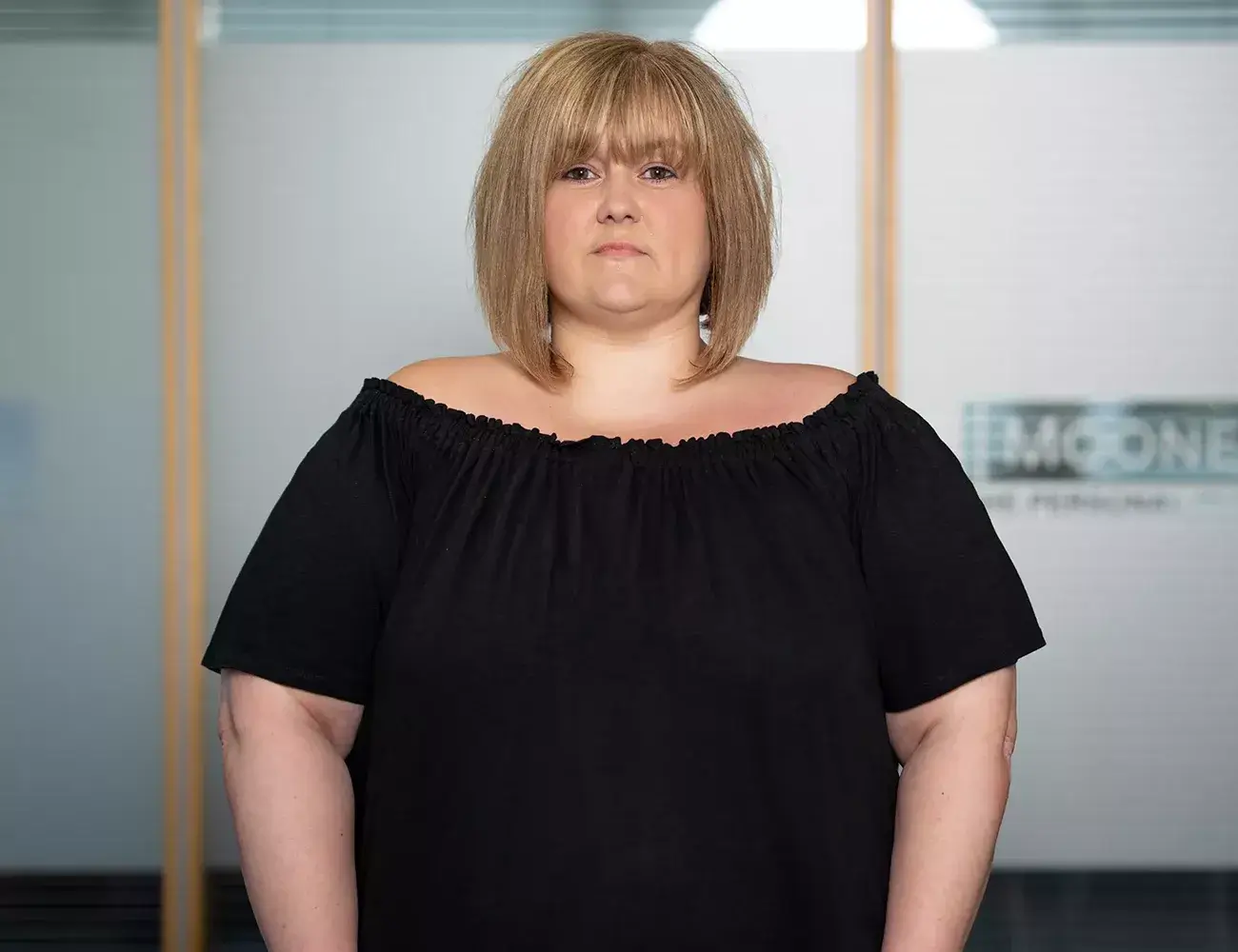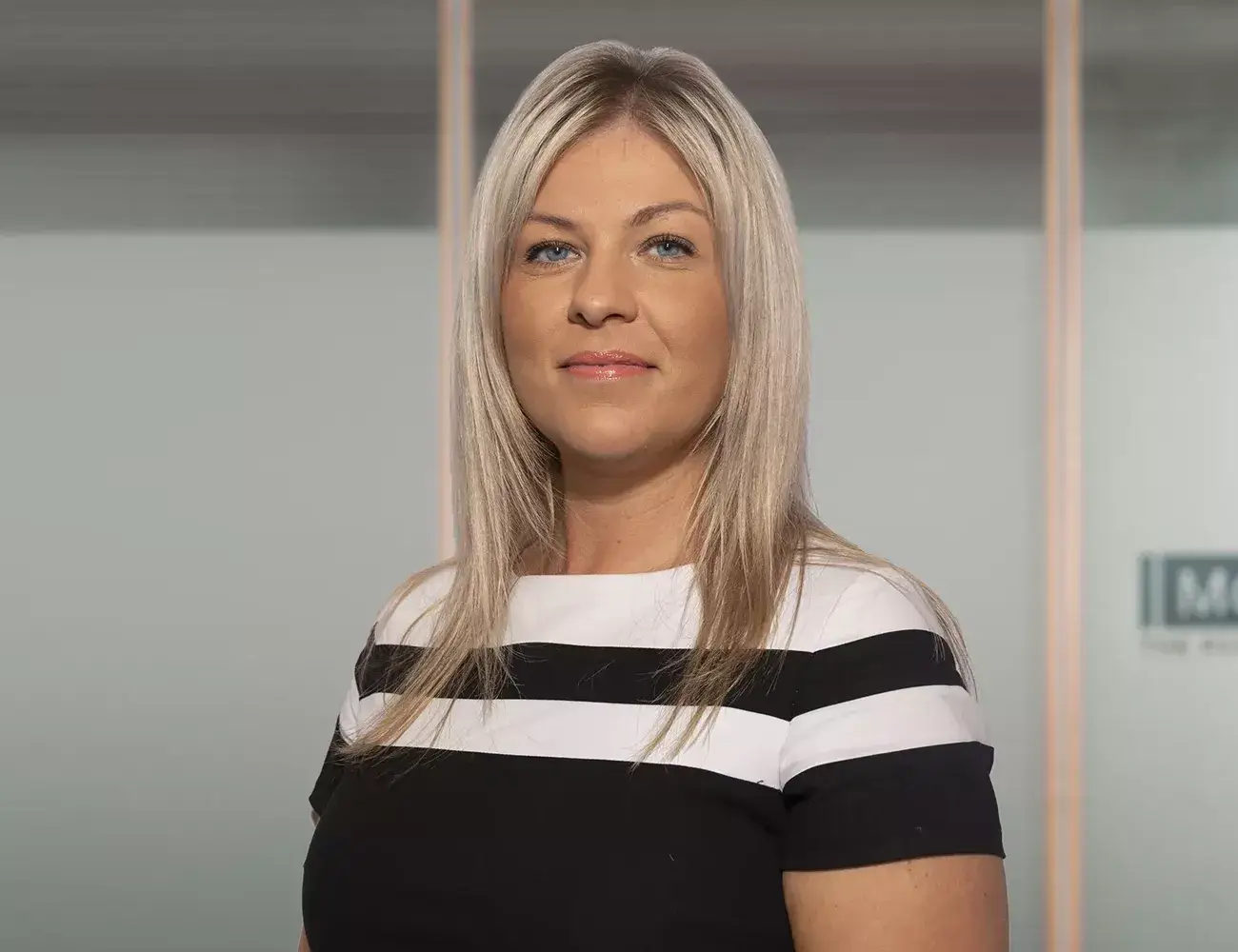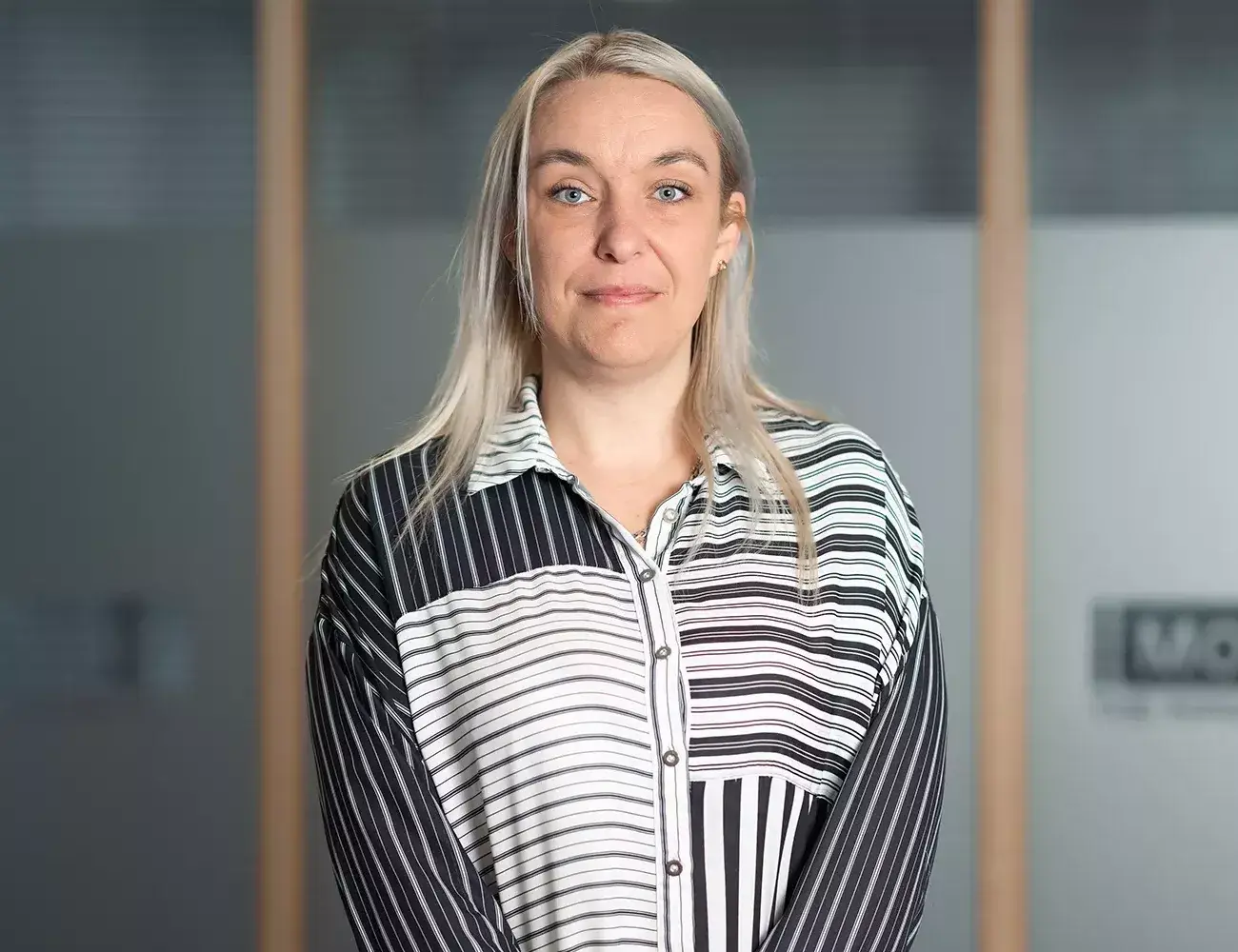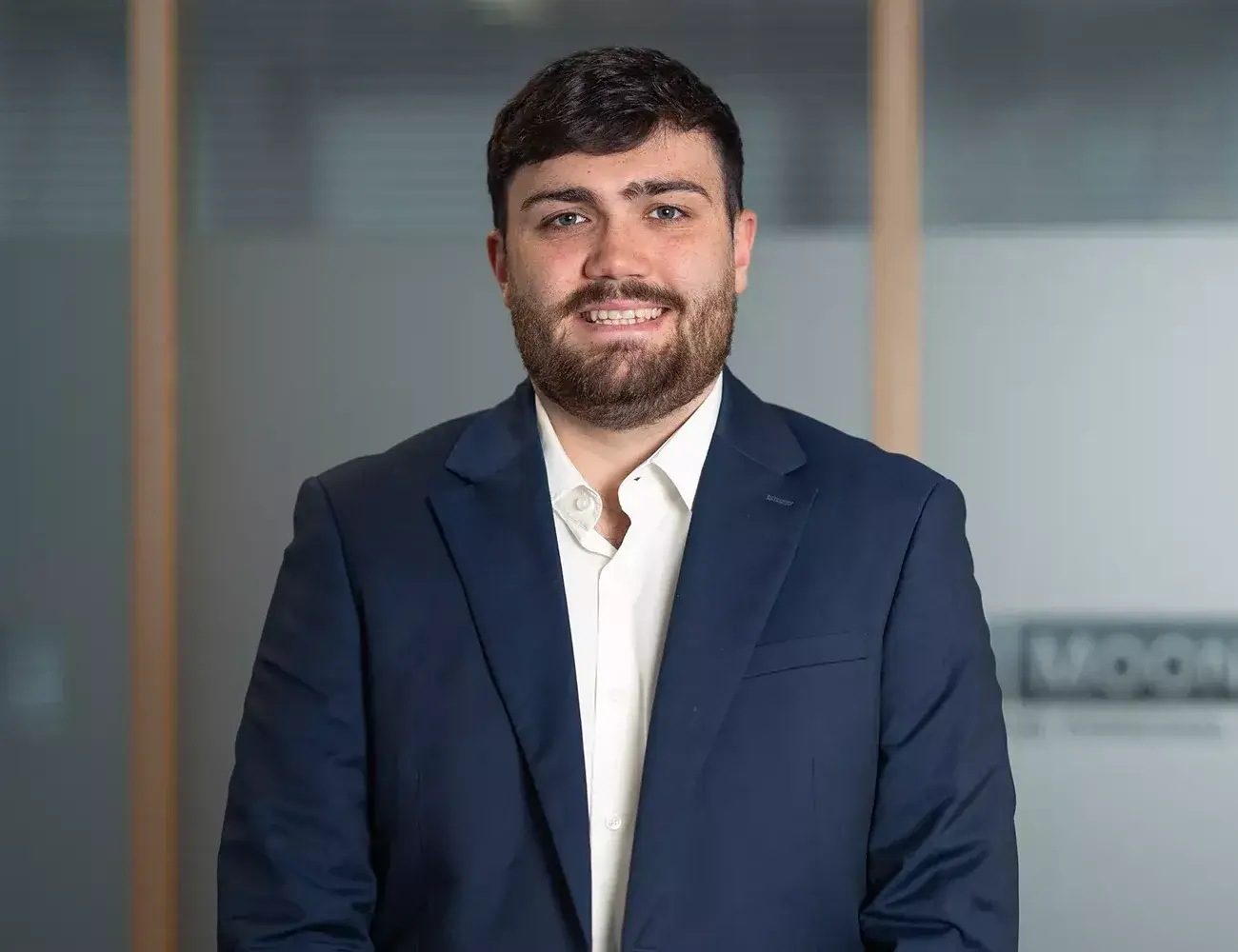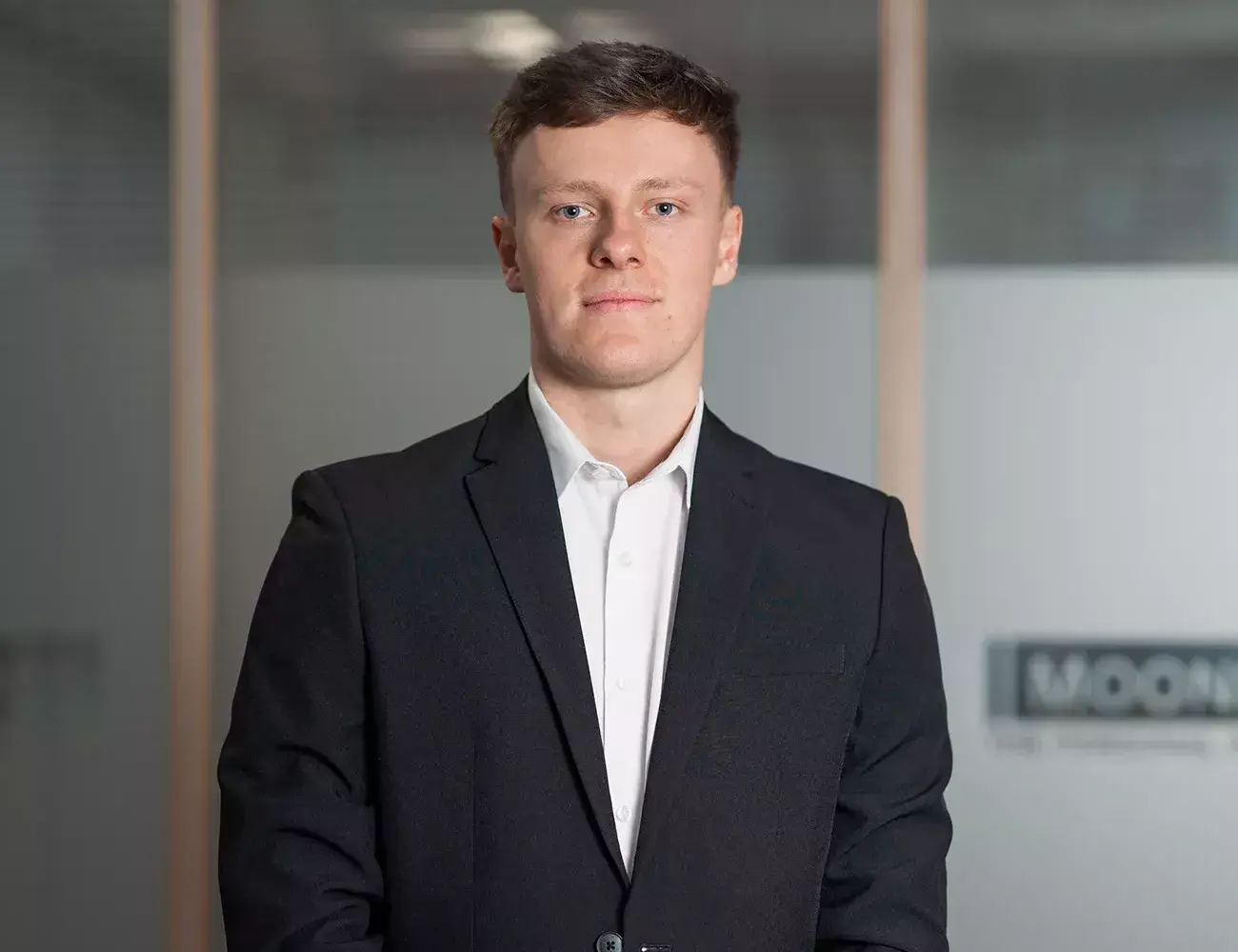Noise-Induced Hearing Loss claims
Your claim will be made against the employer that exposed you to the excessive noise. Mooneerams solicitors work in association with trusted partners, who are specialist hearing loss solicitors. They are experts in getting the maximum available compensation for hearing loss claims.
What is Noise-Induced Hearing Loss (NIHL)
‘Noise-Induced Hearing Loss’ is a generic term used to describe hearing loss diseases or illnesses, such as
- Tinnitus – buzzing, ringing, throbbing, humming noises in one or both ears. It has a number of different causes, but hearing loss caused by exposure to loud noises over a number of years. There are treatments for tinnitus.
- Acoustic Trauma – Temporary deafness, or acoustic shock, caused by a loud bang or explosion.
- Occupational Deafness – This is a type of disease of the inner ear, caused by high levels of exposure to noise at work.
The noise passes through the ear canal and eardrum and enters the middle and inner ears.
The noise damages the auditory cells of the inner ear. Once destroyed those cells do not recover. The resulting impairment is permanent, leading to hearing loss.
What are some of the symptoms of occupational deafness?
- Encountering difficulties in communicating with others in person or over the phone
- Feeling the need to raise the volume of radio and television
- Finding it hard to concentrate
- Insomnia
- Tinnitus
Occupational deafness can’t be cured. As people get older, their hearing tends to deteriorate anyway. When this natural age-related loss of hearing is combined with occupational deafness, the sufferer will need to use hearings aids. In some cases, the person will become completely deaf.
If you have got industrial deafness, why can you claim and against whom do you claim?
Your employer owes a common law duty of care to keep you safe whilst you are at work.
This includes providing you with both a safe place of work and the necessary protective equipment to guard you against the hazards that carrying out your particular type of work in a particular environment, may expose you to.
To guard against industrial deafness, such protection would be by the provision of satisfactory ear protectors.
Some industries where the risk of being exposed to dangerous levels of noise are:
- Road maintenance
- Construction
- Heavy industry
- Shipbuilding
- Foundries
- Woodwork
- Coalmining
This list is not inclusive of all the types of job where you might be exposed to excessive noise on a regular basis. The criteria as to whether you can claim is based on the levels and extent of the noise and is not confined to specific occupations.
Employers have been ‘deemed to have knowledge’ of the fact that being exposed to loud noises at work can cause hearing loss, since 1963. This was when a publication called ‘Noise and the Worker’ highlighted the dangers of excessive noise. It also provided recommendations as to what employers should do to protect employees from exposure.
Since that time, as a later court case confirmed, if employers fail to provide adequate ear protection and workers suffer hearing loss as a result, those employees can make a noise- induced hearing loss claim in the expectation of having reasonable prospects of winning hearing loss compensation.
The most recent government legislation on protection from noise at work is contained in The Control of Noise at Work Regulations 2005.
In a nutshell:
- If your employer could have reasonably foreseen the possibility of you suffering hearing injuries in your working environment but notwithstanding that, failed to take the necessary steps to prevent you from getting hearing loss through working for him or
- Failed to provide you with the required information and training that would have helped prevent your injuries,
….. then you are entitled to make a claim for occupational deafness. This has been and still is the case for employees who have developed NIHL as a result of exposure going back to 1963. Subsequent government legislation has set down specific written rules as to what a reasonable employer should do. As well as providing ear protectors they are also required to:
- Provide you with reasonable breaks away from the noisy environment
- Take whatever steps they can to reduce the noise level if possible
- Carry out health screening of employees
- Maintain equipment to attempt to ensure that the noise level is not made worse by
any faults.
Modern-day employers who fail to abide by the regulations and don’t provide their employees with adequate ear protection only have themselves to blame if they face claims for loss of hearing compensation. What they have to do to protect their employees is laid out in the written legislation
How do I go about making an industrial deafness claim?
As soon as you become aware that your hearing is getting worse, you should go to see your GP so that your hearing can be tested. You are likely to be referred to an Audiologist who will undertake an Audiogram. This is a hearing test that will indicate whether you have suffered noise-induced hearing loss.
The next thing to do is to get some legal advice from a specialist firm of industrial disease solicitors. These should be ones who are experienced in making hearing loss compensation claims. At Mooneerams personal injury claims solicitors we work in partnership with some of the best NIHL compensation claims solicitors in the country.
When you first call us, you will be put through to speak with a hearing loss solicitor who will talk with you about your situation. The solicitor will provide entirely free initial advice about whether on the basis of what you tell us, you may have reasonable prospects of success of making a successful compensation claim and some brief details about the claims process.
If it becomes clear that you may have a reasonable claim to pursue, then it will be your choice whether you ask Mooneerams and our partners to start your claim or seek advice elsewhere. We hope you will choose us. Here’s why you might decide to use Mooneerams:
- We and our industrial disease partners have over 20 years’ experience of dealing with personal injury and industrial disease compensation claims. You will be in the hands of solicitors who have successfully recovered maximum compensation for many noise-induced hearing loss clients before you.
- We treat you like a client should be treated. We work for you. Your claim will be handled by an experienced solicitor. We’ll come out to visit you to take full instructions (and at relevant intervals during the course of your claim). Contrast that to some firms of solicitors or claims companies (CMC’s) who you will struggle to speak to on the phone, let alone get to meet in your own home.
- You’ll build up a great relationship with your solicitor and will be on first name terms with them.
- Your solicitor will speak to you in plain English, not in some form of ‘legalese.’
- Your case is important to us. You are not a file number; you are our client.
- Both we and our partners are supremely professional in what we do. You’ll feel comfortable every time that you speak to the solicitor dealing with your case, that he or she really know the best way to handle your claim and to make a successful claim for you.
- Although the amount of compensation that we recover for you will be important, we’ll also ensure that other important elements of your claim are not overlooked. We’ll ensure that your financial losses, known as special damages, are included in the claim. that’s:
- for loss of earnings,
- travel expenses,
- medical costs.
In addition, we’ll ensure that we include a claim for the cost of suitable hearing aid devices for the rest of your life.
How long do I have to bring a claim?
For industrial deafness claims, you have either:
- 3 years from when you were exposed to excessive noise in the workplace or
- 3 years from the date when you first knew or ought to have known that you were suffering from some form of hearing difficulties and that they have been caused by excessive noise in the workplace.
Often people only realise that their hearing loss problems were caused by being exposed to loud noise at work, many years later. It might be many more than 3 years since they last worked at a company where they were exposed to heavy levels of noise. That’s when the date of their ‘knowledge’ becomes important for the purposes of whether they are still able to claim or whether they are out of time to claim.
This sounds complicated. It can be. Don’t be put off calling us though. This is what we and our partners are here for.
Call Mooneerams now on 029 2048 3615 for a FREE no-obligation chat with one of our industrial disease specialist solicitor partners. We’ll be able to advise you on the basis of what you tell us, whether you will be able to bring a claim within the time limit.
What if the employer that was responsible for my hearing loss has closed down?
Quite often with cases of industrial hearing loss claims, the employer that has been identified as the one who caused you to be exposed to dangerous noise levels at work will have closed down or gone out of business, by the time you are ready to start a claim. Does that mean you have no one to claim against?
Thankfully in most cases, a claim can still be made. That again is a good reason alone to use an expert hearing loss solicitor. Expert NIHL solicitors maintain lists of companies against whom previous hearing loss claims have been made and from those, are able to identify who the company’s insurers were.
Your solicitor only needs to know who the Insurance company was at the time you worked there in order to get your claim underway, safe in the knowledge that if your claim is successful, there will be an insurance company to pay out the compensation you deserve.
Do you do ‘No Win, No Fee’, Noise-Induced Hearing loss claims?
We always have to carry out a check to see whether a prospective client has any other form of legal expenses insurance (LEI) that they can use to fund the claim to cover our legal services. However, assuming that they don’t have LEI then we will be able to take on your claim, by entering into a Conditional Fee Agreement (CFA) with you. This is the formal name for ‘No Win, No Fee.’
We’ll do this using a standard form of No Win, No Fee agreement which basically means that if your claim is not successful, you won’t have any legal fees to pay. Before entering into the agreement with you, we’ll have satisfied ourselves that we think there are good prospects of winning the claim.
Anyone of our solicitors will be happy to discuss our No Win, No Fee basis agreements, how they work and answer any questions you may have. Call us at your convenience on 029 2048 3615.
By the way, if you DO have Legal Expenses Insurance or legal assistance funding through a Trade Union, you can still use Mooneerams to take on your claim for you. You are entirely free to choose whichever solicitor you want to!


